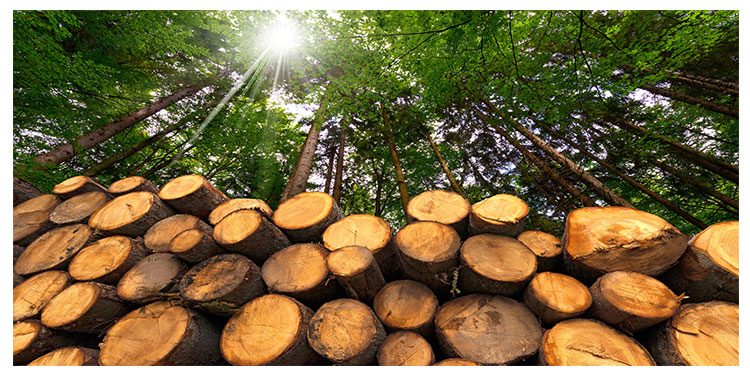
Despite the rarity of wood buildouts in large cities and towns, ASC believes that the current commercial activity points to a future that is increasingly focused on timber.
The Burj Zanzibar, the highest hybrid timber construction in the world, was launched in 2022 on the East African archipelago. It is situated in Fumba Town, Zanzibar’s innovative eco-town, which was created by the German-led engineering firm CPS, and is scheduled for completion in 2026.
Wood’s sustainability qualities and the increased emphasis on lowering the carbon intensity of the construction industry globally are driving up interest in the material.
By using lumber instead of energy-intensive building materials, by the end of the century, almost 100 billion metric tonnes less carbon dioxide will enter the atmosphere, according to Energy Monitor.
According to Kirchmayer, the growing popularity of hybrid housing units—where the majority of the structure is made of timber and concrete is only utilised for the foundations—is also expected to be attributed to their quicker construction.
Kirchmayer and ASC Impact feel that Africa is ready for reforestation programmes that support mass timber production and other green projects because the continent has large areas that are favourable to tree growth.
“Forest planting is the most effective method of sequestering carbon, especially when done across large areas. By using these trees to produce timber, carbon is captured within the structures, taking the place of cement and steel. As long as the framework is in place, this carbon is bonded,” he stated.
The main benefit they see is replacing all the imports of sawn timber and building wood.
Therefore, our goal is to develop building wood for the interior market. In addition to producing lumber and sustainable building materials, new plantations, forests, and sustainable forestry also generate a significant amount of sequestration, displacing cement and steel,” the speaker stated.
More than 300,000 hectares have already been concessioned by ASC for reforestation, and in the upcoming years, the company plans to invest €400 million.
In order to circumvent opposition from governments who are uncomfortable with dedicating land for the sake of forestry, ASC Impact is include carbon offset and agriculture projects in their portfolio.
“Investments in agriculture are welcomed by communities and governments far more than those in carbon sequestration or forestry alone. As a result, after a very long time, we have both the agricultural and wood revenues, and we are also selling carbon credits.”
